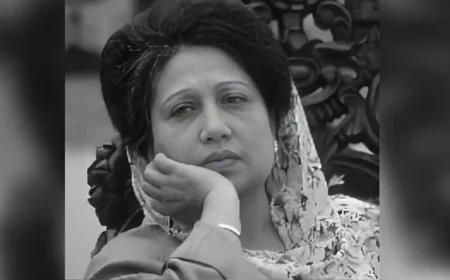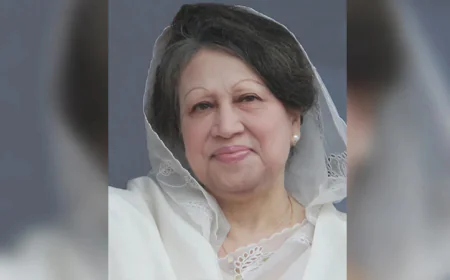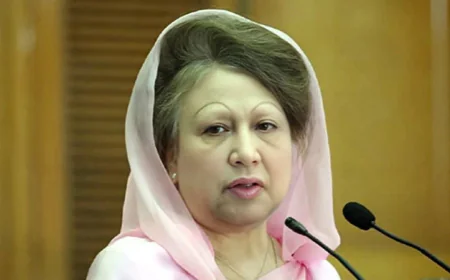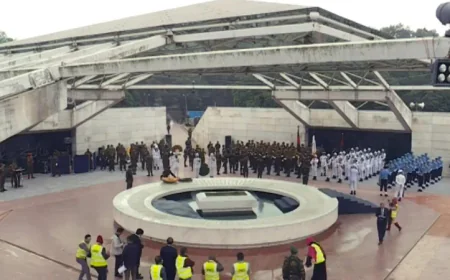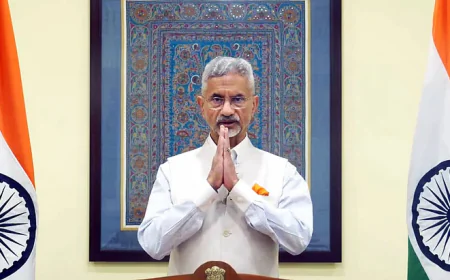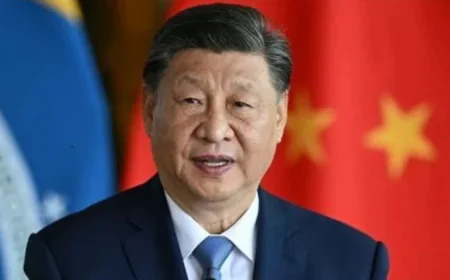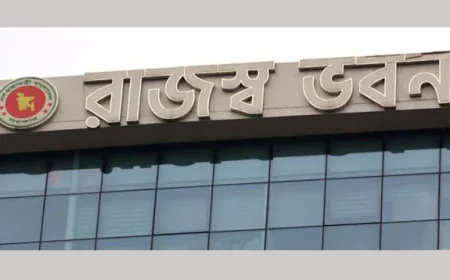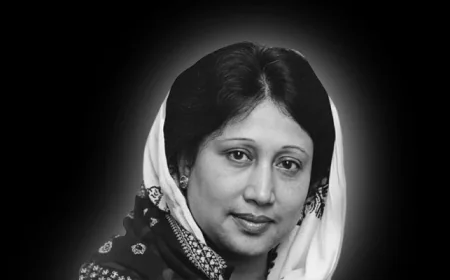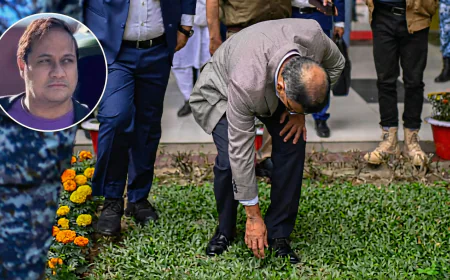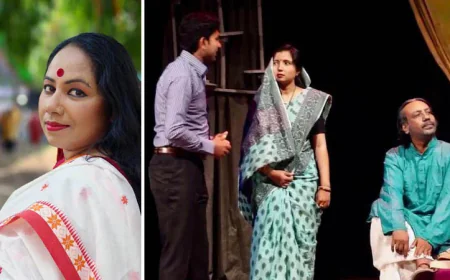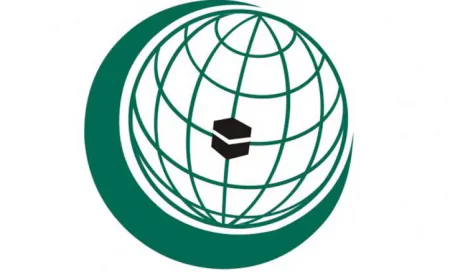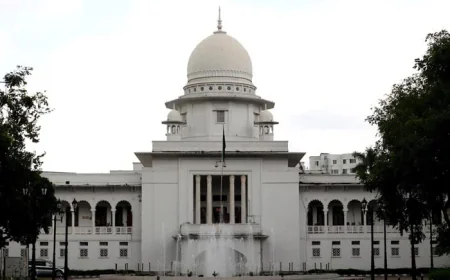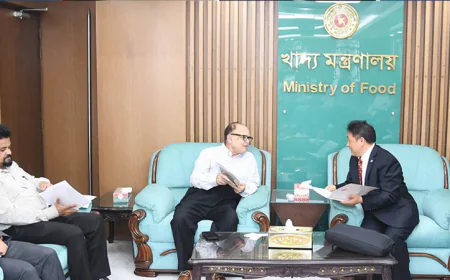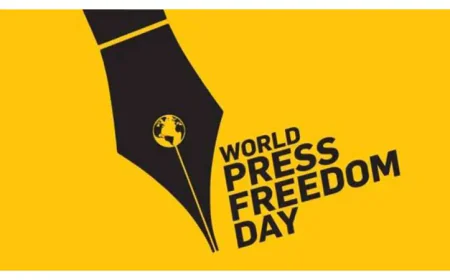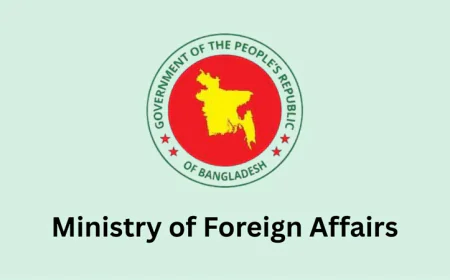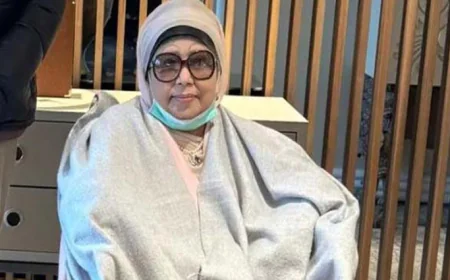Govt Preparing Measures to Prevent False Cases, Unjust Arrests: Asif Nazrul
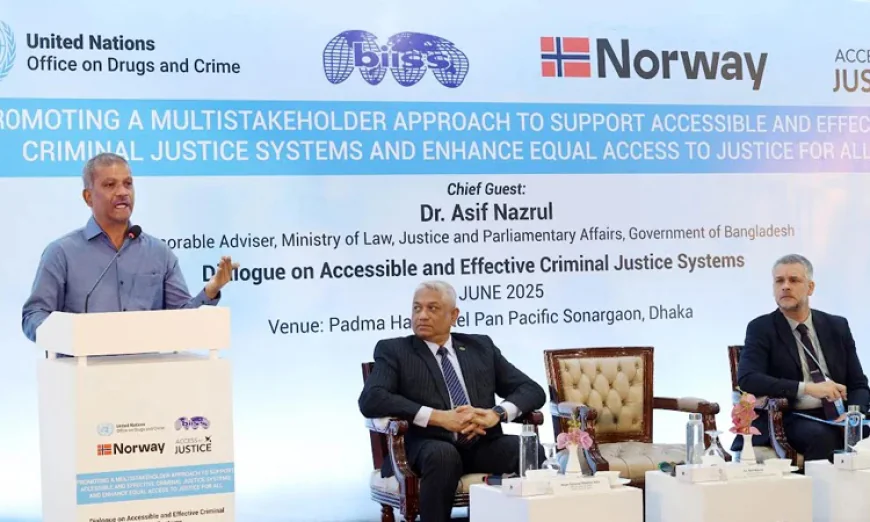
Law, Justice and Parliamentary Affairs Adviser Dr Asif Nazrul today said the present government is getting some provisions to address and reduce instances of false cases and undue arrest in the country. "We are getting some provisions. I am not disclosing it... so that false cases, and I mean undue arrest, could be addressed. I think that could be reduced at least," he said. The adviser, who is a legal scholar himself, said this while addressing as the chief guest a "Dialogue on Accessible and Effective Criminal Justice Systems" at Hotel Pan Pacific Sonargaon in the city this morning. Asif Nazrul said: "Whatever you do, some people say you give more power to police. And, if we don't do it, people say you are not doing anything. So, we are taking risk. We are getting some provisions to reduce false cases and undue arrest". Jointly organised by the United Nations Office on Drugs and Crime (UNODC) and the Bangladesh Institute of International and Strategic Studies (BIISS), the function was presided over by BIISS Director General Major General Iftekhar Anis.
UNODC Deputy Regional Representative, South Asia, Dr Suruchi Pant gave welcome remarks at the onset of the function, while its Head of Office in Bangladesh Felipe Ramos spoke on aims and objectives of the dialogue. About government's initiatives on judiciary, the law adviser said it has established a mechanism for faster trial. "We have recognised for the first time the sexual abuse of male children as a punishable offence. We are in the process of drafting a new law on enforced disappearance, and we are trying to make it as aligned as possible with the Convention on Enforced Disappearance," he added. "...To reduce the growing number of cases, we should strengthen the Legal Aid Office. We have already made the law. So, usually, in every district, there was only one legal aid officer. We have tripled that number. Now there are three legal officers in each district," he continued. Dr Asif Nazrul said the government has made mandatory provision for mediation, in small cases like family matters or negotiable instrument cases under five lakh Taka or in cases concerning the maintenance of parents. "We have pre-emption, petty pre-emption cases. We have made provision that this should first go to mediation, and that is mandatory. People should first go to mediation, and if they are dissatisfied with mediation, then they can come to the court," he also said.
The law adviser also added that the government has also taken a bold step of withdrawing false or politically motivated cases and it has already recommended for withdrawal of around 12,000 cases, which affect the lives of at least 300,000 people. "They have been implicated in false, politically motivated cases. They are free from those cases. In the next six months, I think the ministry will withdraw at least 20,000 false cases," he said. The law adviser pointed out steps including making mandatory to declare assets by the judges, taking an updated training program for the lower judiciary judges, a centralised court staff recruitment system for strengthening transparency and accountability in the judiciary. Asif Nazrul thanked partners like UNODC and BIISS for organising the dialogue and said the government has already taken some steps, and with the continued support and collaboration, he is confident that Bangladesh can build a criminal justice system that is fast, fair, accountable and efficient. The function featured criminal justice reform with a focus on legal aid, prosecution to present international standards and evidence-based good practices and create a space for dialogue between national and international experts, focusing on some key thematic areas highlighted by the Judicial Reform Commission.
There were three roundtable sessions in the dialogue. The first roundtable was on "Strengthening access to legal aid services to those detained, arrested or imprisoned, suspected or accused of, or charged with a criminal offence and for victims and witnesses", which was moderated by Supreme Court lawyer Barrister Tanim Hussain Shawon. Anna Giudice, Team Leader, Access to Justice, UNODC Headquarters Vienna, delivered a speech as an expert from UNODC. Christopher Decker, UNDP Expert on Digitalisation in Judiciary, spoke as an international expert. Another international expert, Nicolas Laino, former UNODC Consultant, spoke virtually. Barrister Sara Hossain, Executive Director, BLAST, was present as a national expert. The second roundtable on "Supporting the establishment of impartial, professional and accountable public prosecution service" was moderated by Romana Schweiger, Senior Rule of Law, Justice and Security Advisor, UNDP Bangladesh. In this session also, Anna Giudice, Team Leader, Access to Justice, UNODC Headquarter Vienna, delivered a speech as an expert from UNODC. Dr Aminul Islam, Deputy Solicitor (Writ - 1), Solicitor Wing, Law and Justice Division, was present as national expert and Madhawa Tennakoon, Deputy Solicitor General of the Attorney General's Department, Democratic Socialist Republic of Sri Lanka, was present as international expert.
The third roundtable titled "Strengthening police-prosecution cooperation for more efficient, human-rights based investigations" was moderated by Major General Iftekhar Anis, Director General, BIISS. In this session, Edwin Cantu, Access to Justice specialist, UNODC Headquarter Vienna was present as UNODC Expert while Patrick Stevens from the International Association of Prosecutors joined virtually as international expert. Md Tareq Jubayer, Deputy Police Commissioner (Criminal Intelligence and Prosecution), Dhaka Metropolitan Police, spoke as the national expert. Closing remarks were provided virtually by Anubha Sood, UNODC Regional Representative, South Asia. Each roundtable was followed by a vibrant and engaging question-and-answer session. The Dialogue was participated by representatives from a wide range of relevant organisations, which included various ministries of the Bangladesh government, the Judicial Reform Commission, Attorney General's Office, Judicial Administration Training Institute (JATI), Bangladesh Supreme Court Bar Association, Dhaka BAR Association, the Bangladesh Police and its affiliated departments, branches and units, the UN resident coordinator office and other UN organisations, NGOs, academia and development partners.
